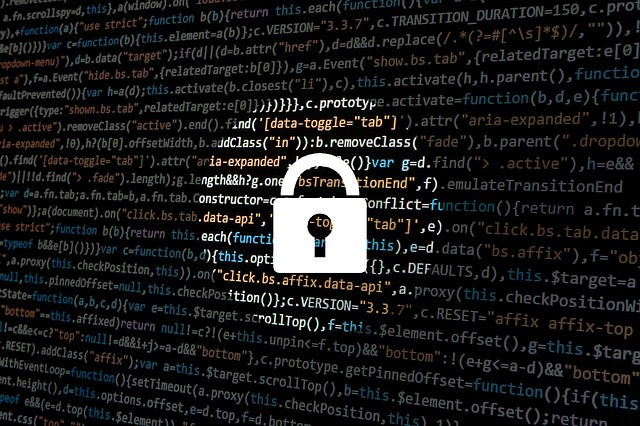Security Challenges for Small Businesses with Remote Employees
Without any doubt, the ability to hire remote workers has been a huge benefit to the way that business is done ever since the dawn of the new millennium.
In fact, over the last decade or so, we’ve been seeing more and more small businesses thrive, solely because they’re able to save money and hire remote employees, as opposed to hiring on-site staff.
But while this has been a significant boon for small businesses, many challenges go hand in hand with hiring strangers from around the world.
Some of these risks are technology-based, while others are due to legal obligations and regulations.
In the following article, we’re going to talk about some of the main security challenges faced by small businesses with remote employees.
Information and Data Security
One of the biggest security issues faced by small businesses with remote employees is that all communications and data transfers are made over the internet. In general, this is relatively safe, as long as the employee is connected via a private connection.
However, the problem arises when an employee attempts to access company information using public Wi-Fi networks. Most of the time, free, public Wi-Fi networks are unsecured, which means they are a common target for hackers who are looking to attack small businesses.
The safest way to keep you and your employees safe while using public Wi-Fi is to use a VPN service, such as NordVPN. All about this brand: https://vpnpro.com/nordvpn/
Security Policies and Background Checks
Because of how vulnerable small businesses with remote workers can be, it’s vital to create a security policy for you and your employees. This doesn’t have to be an in-depth policy, as long as it outlines certain rules and regulations to keep your employees and your business safe.
Make sure your policy includes password requirements, a list of approved work applications, as well as your data protection policy.
Another major challenge comes from the fact that you’re essentially hiring strangers from around the world. This makes it easy for hackers and criminals to hide their true identity.
So, with that in mind, it’s a good idea to run background checks on your remote workers, especially if your company deals with any sort of sensitive customer information.
Just make sure to run your checks through an FCRA approved company. The last thing you want on your hands is a discrimination lawsuit when you were only trying to protect your business.
Hardware Security
Another significant risk to businesses comes from when their remote employees travel extensively. In this case, it’s a good idea to provide your remote workers with security backpacks, which reduces the risk of having their devices stolen and your company’s information compromised.
It’s also a good idea to use settings such as “Find my iPhone”, or other tracking options to recover lost or stolen devices that contain your company’s private information.
Intellectual Property
It’s important to take some time and make sure that your company’s intellectual property is protected when dealing with remote workers. Most small businesses should use non-disclosure agreements that all remote employees must sign. This must outline the work to be done, as well as the fact that all completed work will become the legal property of the company.
This ensures that your remote employees won’t be able to turn around and try to steal any of your company’s private information.
Protecting Your Company
The way your employees store your company’s data, as well as the way they send and receive their data should be a high-priority when it comes to keeping your business safe. With that in mind, here are a few critical cybersecurity tips to help protect your business.
Use Cloud-Based Software
There are many online services such as DropBox.com, which offer solutions to small businesses to accommodate multiple users or employees, as well as store their data securely.
The company’s servers automatically encrypt files stored on these services, and they also use many other security measures to protect data and information in transit between their servers and a user’s device.
Encryption
If you provide any hardware to your remote employees, we recommend that you encrypt these devices. This keeps your company’s data safe, even if the devices are lost or stolen since the information will be impossible to decipher.
Require Your Employees Use a VPN
Because the most significant threat involved with remote workers comes from them using public Wi-Fi networks, the best way to keep your data safe is to provide your workers with a Virtual Private Network, or VPN connection.
This ensures that any of your company’s data being transmitted over the internet from your employees’ devices will be encrypted and kept safe at all times.
VPNs created safe “tunnels” between a user’s device and a private server, which means that no one between the user and the server can access the information being transmitted.
Without a VPN, a small business would have to open up part of their network and expose their internal resources simply to let their employees log in and access their information. But, on the other hand, a VPN allows for a safe way for remote workers to log into the network, without leaving the company’s network vulnerable to attacks. An alternative is to invest in safe file transfer technology that provides easy-to-use, robust features and functionality to keep sensitive data secure.

